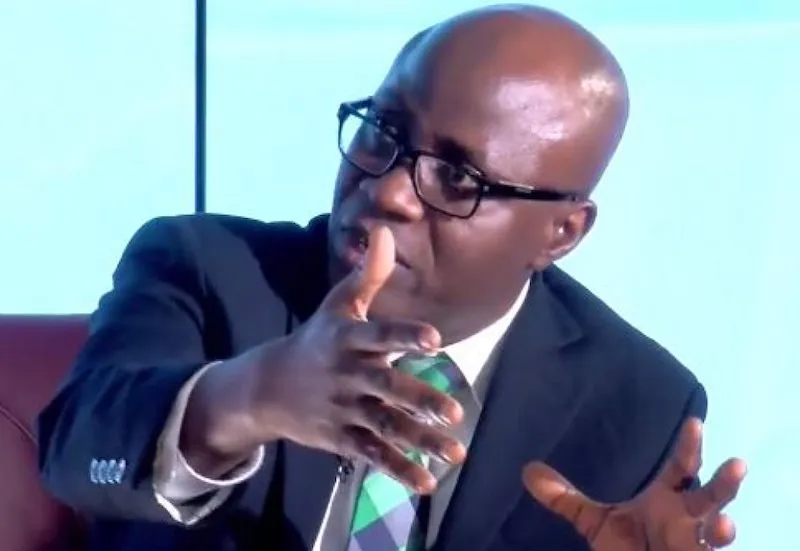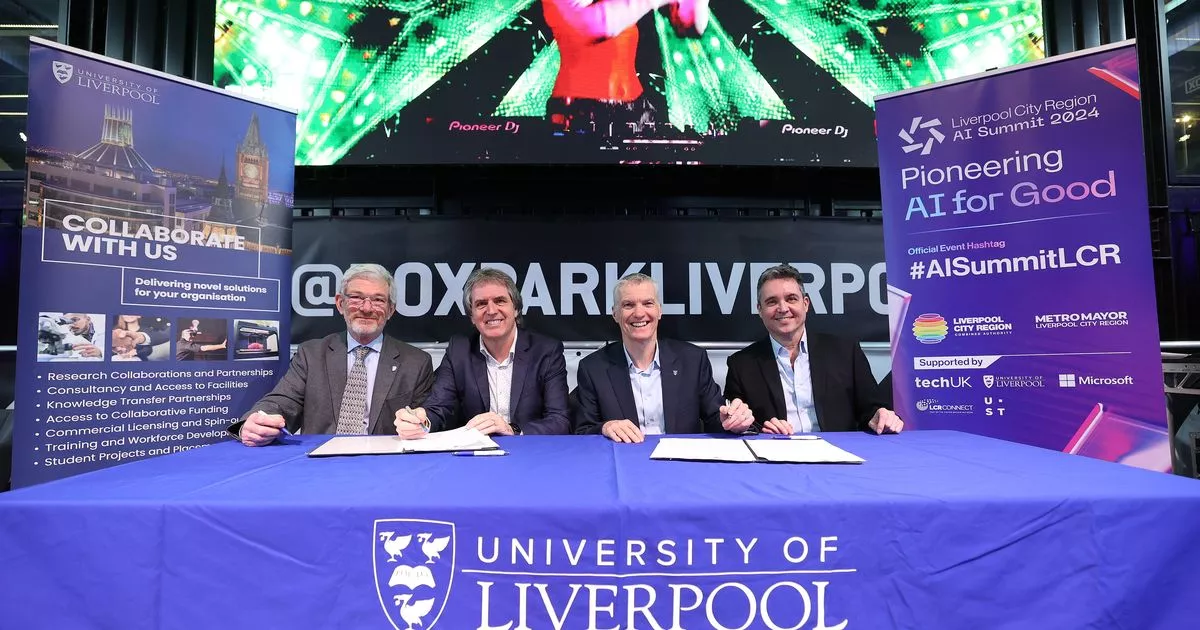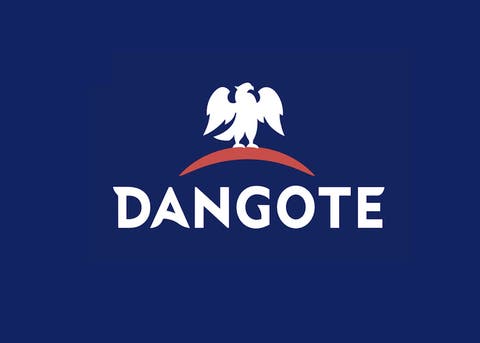
Postscript by Waziri Adio
From all indications, the two warring camps within the Peoples Democratic Party (PDP) are not about to kiss and make up. All the overtures designed to reconcile the Governor Nyesom Wike-led Group—or Gang—of Five (G5) with PDP’s presidential candidate, Alhaji Atiku Abubakar, seem to have failed. If the political mill is to be believed, the unabashed willingness of the G5 to openly flirt with all interested political suitors while still in a serious relationship may soon give way to something more astounding: open commitment to a presidential candidate in another party.
Of late, Nigerian politicians are not the most faithful. Most of them don’t have scruples waking up in one political bed and ending the day in another. Most of the leading politicians today have made the rounds of the major parties. Before this criss-crossing became the vogue, there was another brand of political infidelity called anti-party. This is where politicians stay within their parties but undermine the same parties by secretly working for their opponents during elections. We saw this as recently as July 2022 in the Osun State gubernatorial election where The Osun Progressives (TOP), an arm of the All Progressives Party (APC), was secretly in bed with PDP.
But even in a place where political infidelity has seemingly become the norm, the rumoured move by the G5 will be a new depth in the annals of political dalliances. It is said that G5 will stay in PDP and will openly commit to and publicly campaign for the candidate of another party. If this happens, it will indeed be politic-amorously historic. It will be the political equivalence of an open relationship.
How will PDP respond to this unusual situation? How will G5’s open relationship impact PDP’s chances in the elections nationally and in the G5 states? Will this make material difference to the beneficiary of G5’s endorsement? Upfront, I will say: it is a bit complicated for all sides. At the end of the day, it may be nothing more than engrossing political drama, maybe an anti-climax even.
Before examining the implications and hazarding the next moves by the affected political actors, it is important to dispense with two things. The first is that before G5-PDP, there were G7-PDP and nPDP. In 2013, the PDP governors of Adamawa, Jigawa, Kano, Kwara, Niger, Rivers and Sokoto were up in arms against their party’s leadership and a sitting president produced by the party, Dr. Goodluck Jonathan. They were called the seven aggrieved governors or the G7. They joined forces with others to create a new faction of PDP, and framed it as the new PDP (nPDP).
Alongside Atiku, Hon. Aminu Tambuwal (who was then the Speaker of the House of Representatives), Senator Bukola Saraki and others, five of the governors eventually moved into APC after the merger of nPDP with APC. It is now stale that PDP lost to APC in the 2015 presidential election. Atiku, Saraki and other nPDP members would go ahead to appropriate much credit for the downfall of PDP in that election, a claim that I think is a bit exaggerated. Atiku, Saraki and Tambuwal have since returned to PDP, and now the shoe is on the other leg.
This reminder is just to show that PDP is not new to internecine strife, and that some of those at the receiving end today were the protagonists of earlier feuds. The only difference now is that while nPDP embraced the slightly morally upright position of moving out of PDP, the G5 seems intent on staying put and wreaking havoc from within.
The second issue is that, given the oversized influence of state governors in our politics, the G5 controls states that are strategically important to an increasingly weakened PDP. Apart from being the then ruling party, PDP approached the 2015 general election with 19 states under its control (after losing five states to nPDP’s merger with APC). At the moment, PDP is in power in 14 states—nine in the south and five in the north. The G5 states represent 35% of the states presently controlled by PDP.
An interesting wrinkle is that in terms of the number of registered voters, Rivers and Oyo states are 4th and 7th states in the country. The strategic significance of these states to PDP is further enhanced by the conclusion that Mr. Peter Obi of the Labour Party (LP) is expected to win comfortably in all the five South East states which used to vote predominantly for PDP and that Senator Rabiu Musa Kwankwaso who was in PDP in 2019 is expected to win in Kano, a place where PDP is expected to be competitive this time around.
PDP has a tough decision to make should the G5 go ahead with its rumoured plan. Being indifferent could inspire others within the party to also embrace open rebellion. It also seems that seeking reconciliation is no longer useful. Threatening the G5 governors with the risk of irrelevance is morally hollow and is not particularly persuasive, as some former insurrectionists are still relevant today. It also looks too late to attempt to break the G5 ranks.
It appears the only option left for PDP is to take a hard-line. That comes with its constraints, as it will portray PDP as a house irredeemably divided against itself two months shy of general election and may not reverse the potential costs to the party.
The commonly canvassed hard-line option will be for PDP to expel members of the G5 from the party, declare their seats vacant, and sacrifice the positions they and their supporters are contesting for in the general election in February and March. A major constraint is that it is too late for PDP to substitute candidates and whatever decision the party takes on the G5 is likely to be contested in court. So, sanctions may not really hurt the G5 and their supporters. But at least, it has a symbolic and signalling value.
Does this mean that Atiku’s presidential run is over once the G5 swings to another side? Not necessarily. But it means that PDP has to do much more to give itself a fighting chance next month. One comforting way for PDP to look at it is that save for Rivers, the influence of G5 appears overrated. Even if the governors had been 100% loyal to Atiku, Abia and Enugu states might still vote for Labour Party and Oyo state might go for APC in the presidential elections. At the gubernatorial level, both Oyo and Benue states are open. APC is likely to flip the latter and may not regain the former if they strike a backroom bargain or the opposition stays disunited.
What having the governors on board would have done is to make PDP keenly competitive in those states. If the G5 governors are gone, PDP would need to create other power centres and go directly to the voters. The direct approach costs more efforts and resources but it can work as not all voters wait on the governors to decide who to vote for and not everyone is plugged into the patronage system that produces bloc votes. Also, some will continue to vote along party lines, and these are still states with strong PDP presence. And a significant segment of voters in this election will vote their conscience.
PDP can also brighten its chances by finding ways to compensate for the potential cost of being less competitive in the G5 states. This it can do by locking down the other nine states it controls and making aggressive bids in the 22 others states out of its control, especially in the north where the G5 can be seen as largely a southern gang-up. Atiku can also push for his own Kwankwaso deal, same way he got some power centres to impress Tambuwal to pull out at the primaries, and action that Wike and company read as northern conspiracy.
There are still speculations on which of the two other leading candidates G5 will endorse. If the group throws its lot with Mr. Obi of the Labour Party, this will further brighten his chances. The absence of a semblance of opposition from the governors of Abia and Enugu states should guarantee higher numbers and margins for him in the two South East states. Same as potentially having Benue and Rivers states comfortably in the bag. But Oyo state will always be a stretch for him to win though he could be more competitive there.
Even with all of these, the north (including all the six states of the North Central zone) remains a major hurdle to Obi’s ambition in this cycle.
Support of the G5 to Asiwaju Bola Tinubu of the APC does not automatically make him the winner of February’s presidential poll. Abia and Enugu states will still be beyond his reach. But he may be able to muster 25%, which will feel like victory. Even with Wike’s support, Tinubu may still find Rivers difficult to cross. But anything more than the 23% polled by President Muhammadu Buhari in 2019 will be a major bump for him.
Since 2015, APC has been competitive in Benue, a state it lost narrowly to PDP with only 10, 149 votes in the 2019 presidential polls. APC’s Benue gubernatorial candidate, Fr. Hyacinth Alia, is well fancied and his popularity (though due more to his personality and local issues) may rub off on APC’s presidential candidate. If G5 supports Tinubu and Ortom doesn’t break ranks, APC may repeat the 2015 feat in the state despite that this is one of the northern states where the same-faith ticket is likely to be a baggage.
On the balance, Tinubu seems poised to benefit more from G5’s endorsement, as this could put him in unassailable lead and stimulate further bandwagon effects. If he successfully holds down his party’s strongholds over the next eight weeks, February 25th may be mere coronation for him, especially with G5 in his corner. But the addition by G5 will just be marginal, as nPDP’s was for Buhari in 2015. Without the nPDP, Buhari would still have won in the four of the five nPDP states that he snapped in 2015, most likely with reduced margins. The only state certain for Tinubu from the G5 is Oyo, but the potential higher margin from there and the other four will be a boon to him. Since electoral politics is a game of addition, even one extra vote is treasured.
But this rumoured dalliance also comes at costs to some of the G5 governors and to Tinubu himself. The governors of Oyo, Benue and Rivers are taking a gamble. Beyond the abuses they will suffer from those previously egging them on, they and their candidates may lose their gubernatorial elections. The governors of Abia and Enugu states may also be negatively impacted by local anger.
For Tinubu, will the northern stronghold of his party stay faithful to him if this degenerates into a regional duel? There is the added complication of the fate of APC’s candidates who stand a good chance in Oyo and Benue states. Is Tinubu willing to sacrifice them for his ambition? Will they just sheepishly play along or will they cut their own side deals? Are voters always sophisticated enough to vote Party A in presidential election and Party B in gubernatorial election? And given that federal elections come before state elections, can the result in one create unintended bandwagon effect for the other?
With the complications on all sides, the affair may not be openly consummated. But don’t ever put anything beyond Nigerian politicians.
Article wriiten by Waziri Adio as featured on THISDAYLIVE









